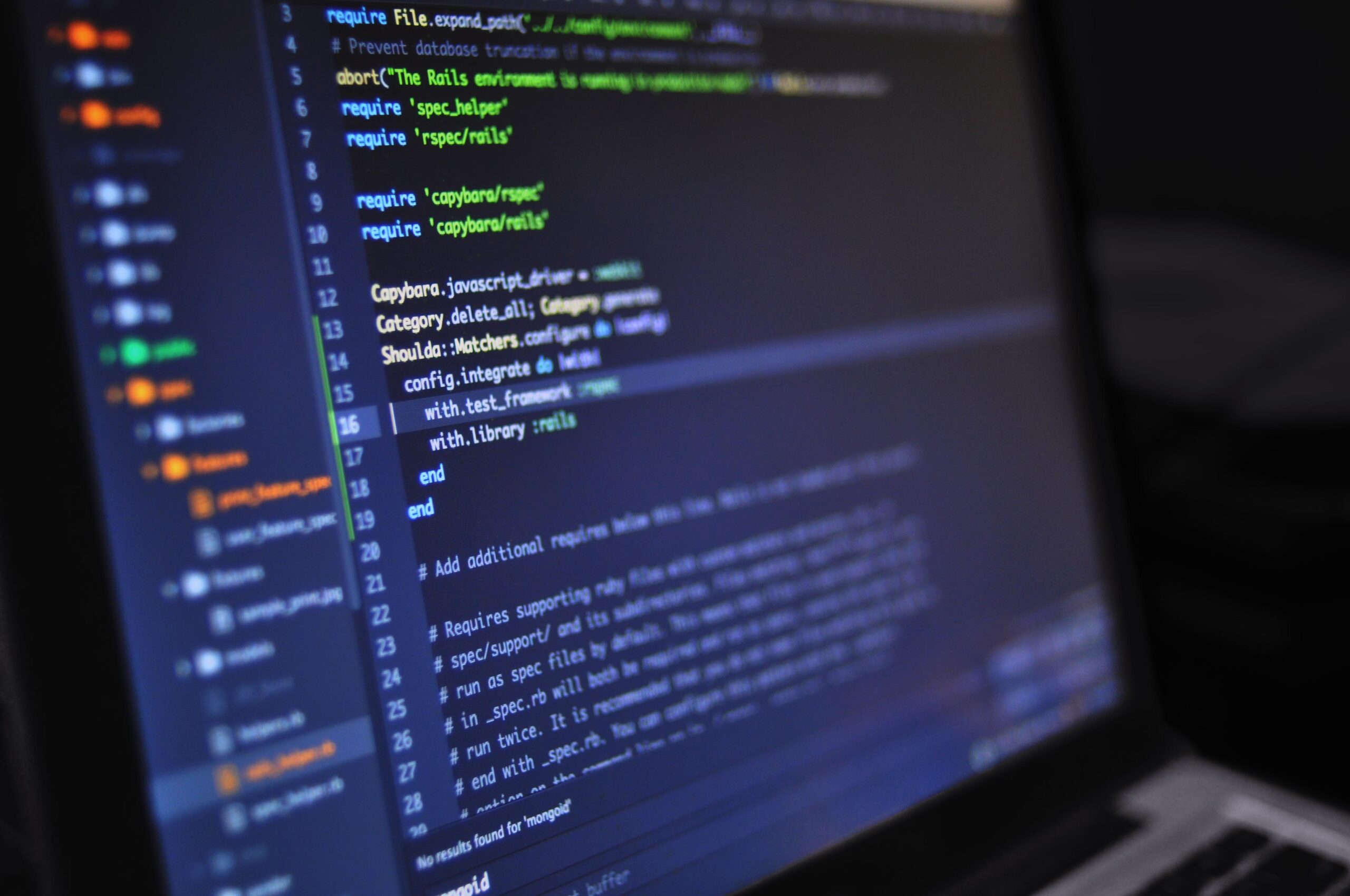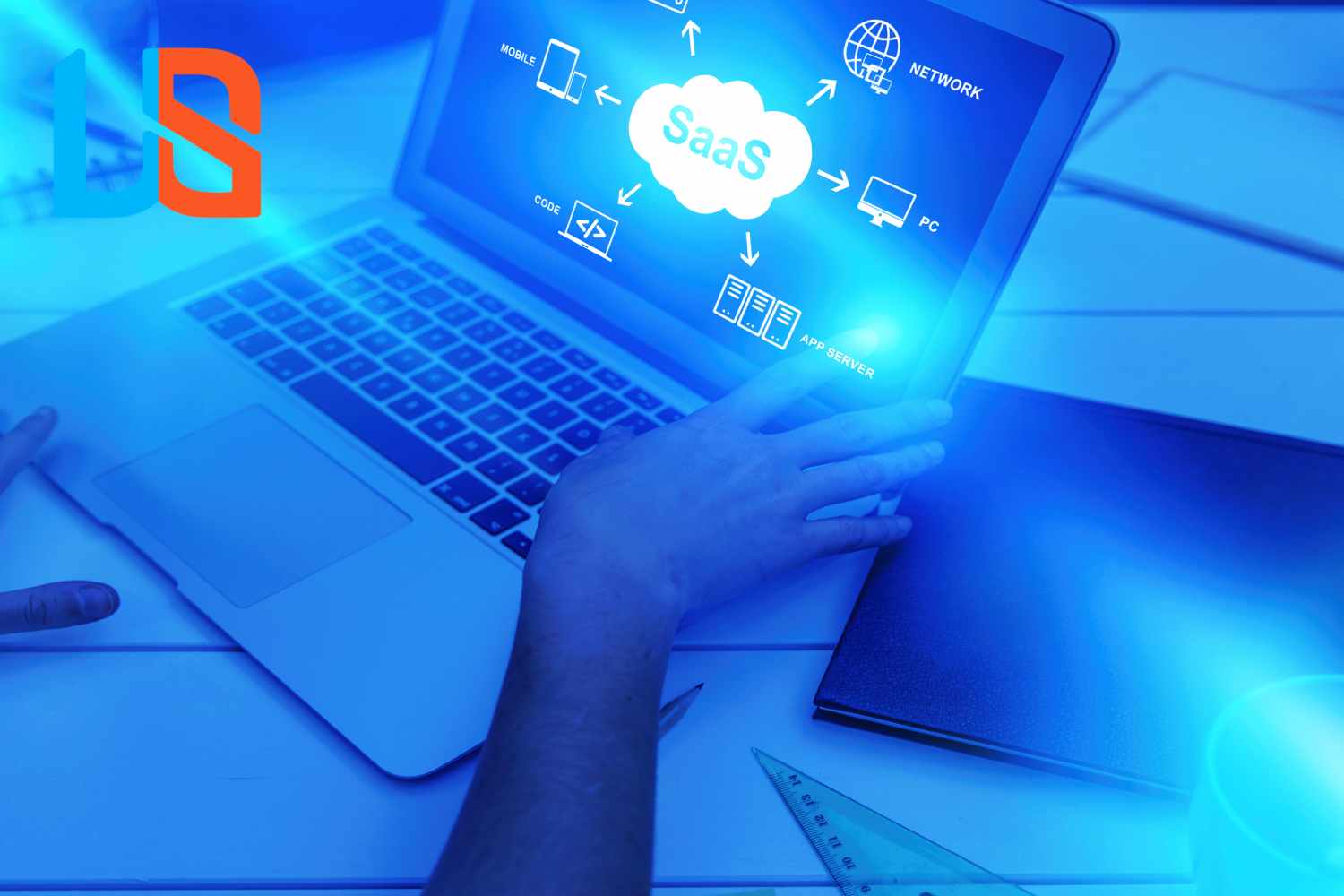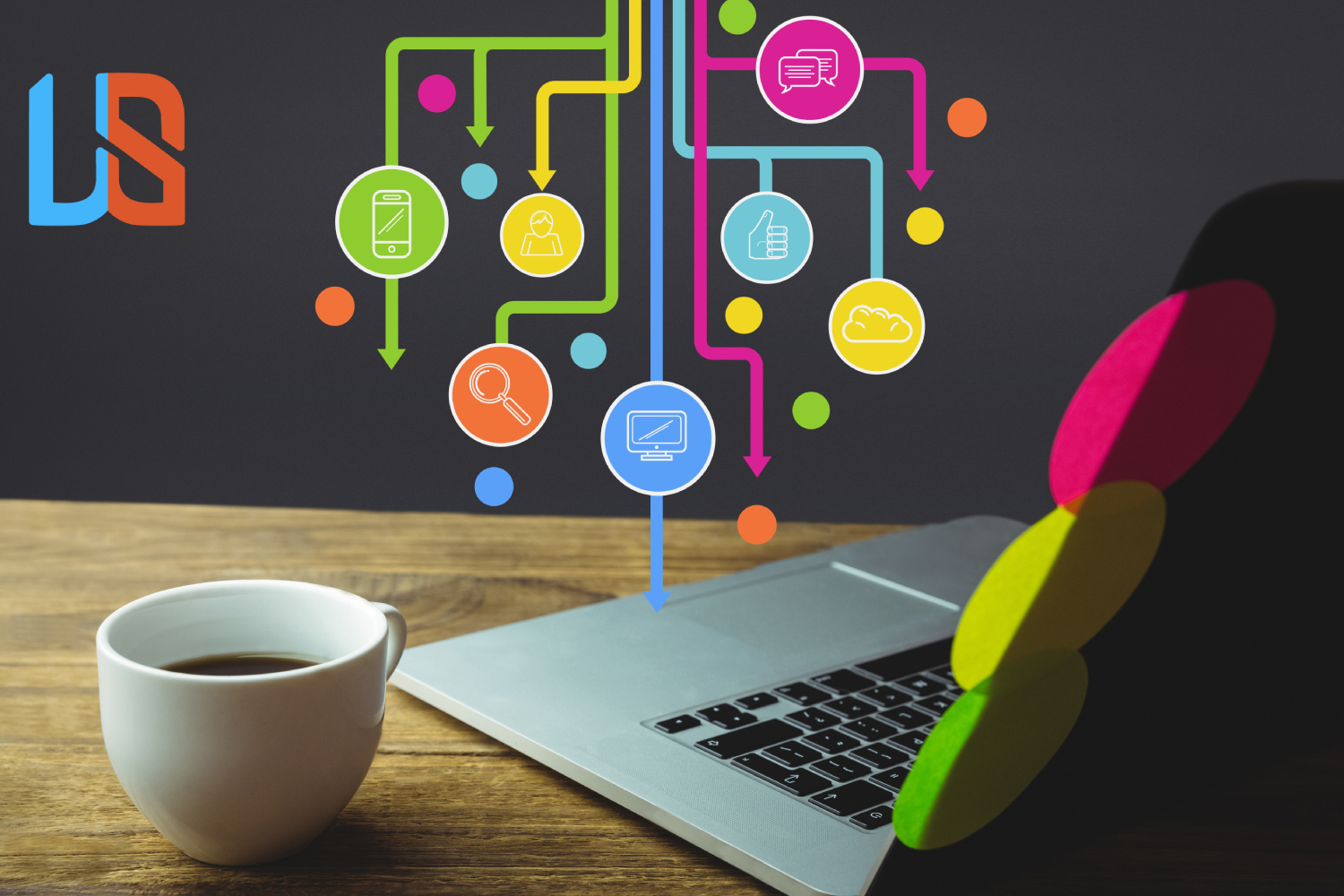
Laravel, one of the most popular PHP frameworks, has been widely adopted by developers worldwide due to its elegant syntax, robust features, and extensive community support. As we look ahead to 2023, it is essential to explore the future development trends for the Laravel framework. In this article, we will delve into the exciting advancements and improvements expected for Laravel in the coming year.
Enhanced Performance and Scalability
In 2023, Laravel is set to focus on improving its performance and scalability capabilities. The framework will introduce optimized caching mechanisms, enhanced database query builders, and improved handling of large-scale applications. These advancements will ensure that Laravel remains a top choice for developing high-performance web applications that can handle heavy traffic loads.
Improved Real-Time Communication
Real-time communication has become increasingly important in modern web applications. Laravel aims to incorporate better support for real-time features in its framework. With the introduction of tools like Laravel Echo and Laravel WebSockets, developers will have seamless integration for building real-time applications, such as chat systems, collaboration tools, and live streaming platforms.
Artificial Intelligence Integration
As the demand for AI-powered applications continues to rise, Laravel plans to integrate artificial intelligence capabilities into its framework. This integration will enable developers to incorporate machine learning algorithms, natural language processing, and computer vision functionalities seamlessly. Laravel’s AI integration will empower developers to build intelligent applications efficiently.
Streamlined Development Process
Laravel has always been known for its developer-friendly approach, and in 2023, it aims to streamline the development process even further. The framework will introduce new features, tools, and templates to simplify common development tasks, reducing the time and effort required to build robust web applications. This streamlined process will boost productivity and allow developers to focus more on the core functionality of their projects.
Enhanced Security Measures
Security is a critical aspect of web development, and Laravel continues to prioritize it. In 2023, the framework will introduce enhanced security measures, including improved authentication and authorization mechanisms, advanced encryption techniques, and protection against common web vulnerabilities. These measures will ensure that Laravel remains a secure choice for building web applications that safeguard user data and privacy.
API-First Approach
With the increasing demand for building and consuming APIs, Laravel will adopt an API-first approach in 2023. This approach will make it easier for developers to create robust and scalable APIs using Laravel as the backend framework. The framework will provide convenient tools and features for API development, such as rate limiting, request throttling, and API documentation generation.
Microservices Architecture
Microservices architecture has gained significant traction in recent years due to its scalability and flexibility. Laravel will embrace this architectural style in 2023, enabling developers to build complex applications by breaking them down into smaller, loosely coupled services. This approach will enhance modularity, scalability, and maintainability of Laravel applications.
Serverless Computing
Serverless computing is revolutionizing the way applications are deployed and managed. In 2023, Laravel will integrate serverless computing capabilities, allowing developers to build and deploy applications without the need to manage underlying server infrastructure. This shift will enable faster development cycles, automatic scaling, and cost optimization.
Better Testing and Debugging Tools
Laravel will invest in improving its testing and debugging tools in 2023. The framework will introduce new testing utilities, code profiling options, and error debugging features. These enhancements will assist developers in identifying and fixing issues more efficiently, ensuring the delivery of high-quality Laravel applications.
GraphQL Integration
GraphQL has emerged as a powerful alternative to traditional REST APIs, offering increased flexibility and efficiency in data retrieval. In 2023, Laravel will provide native support for GraphQL, simplifying the process of building GraphQL-based APIs. This integration will give developers more flexibility in querying and manipulating data, resulting in faster and more optimized web applications.
Enhanced Front-end Development
Laravel will continue to enhance its front-end development capabilities in 2023. The framework will offer improved integration with popular JavaScript libraries and frameworks like Vue.js, React, and Angular. These integrations will empower developers to build interactive and dynamic user interfaces while leveraging the power of Laravel’s backend features.
Mobile App Development
With the growing prominence of mobile applications, Laravel will focus on strengthening its support for mobile app development in 2023. The framework will provide better integration with mobile development frameworks like Flutter and React Native, enabling developers to build cross-platform mobile apps efficiently using Laravel as the backend.
Containerization and Deployment
Containerization has revolutionized application deployment, making it easier to package and distribute applications across different environments. In 2023, Laravel will further enhance its support for containerization technologies like Docker, allowing developers to package Laravel applications into lightweight, portable containers. This approach will simplify the deployment process and enable seamless scalability.
Conclusion
As we progress into 2023, the Laravel framework promises to offer several exciting developments. It empowers developers in building cutting-edge web applications with enhanced performance, improved real-time communication, AI integration, streamlined development processes, and a host of other advancements. By staying ahead of the curve, Laravel solidifies its position as a leading framework for PHP development.





